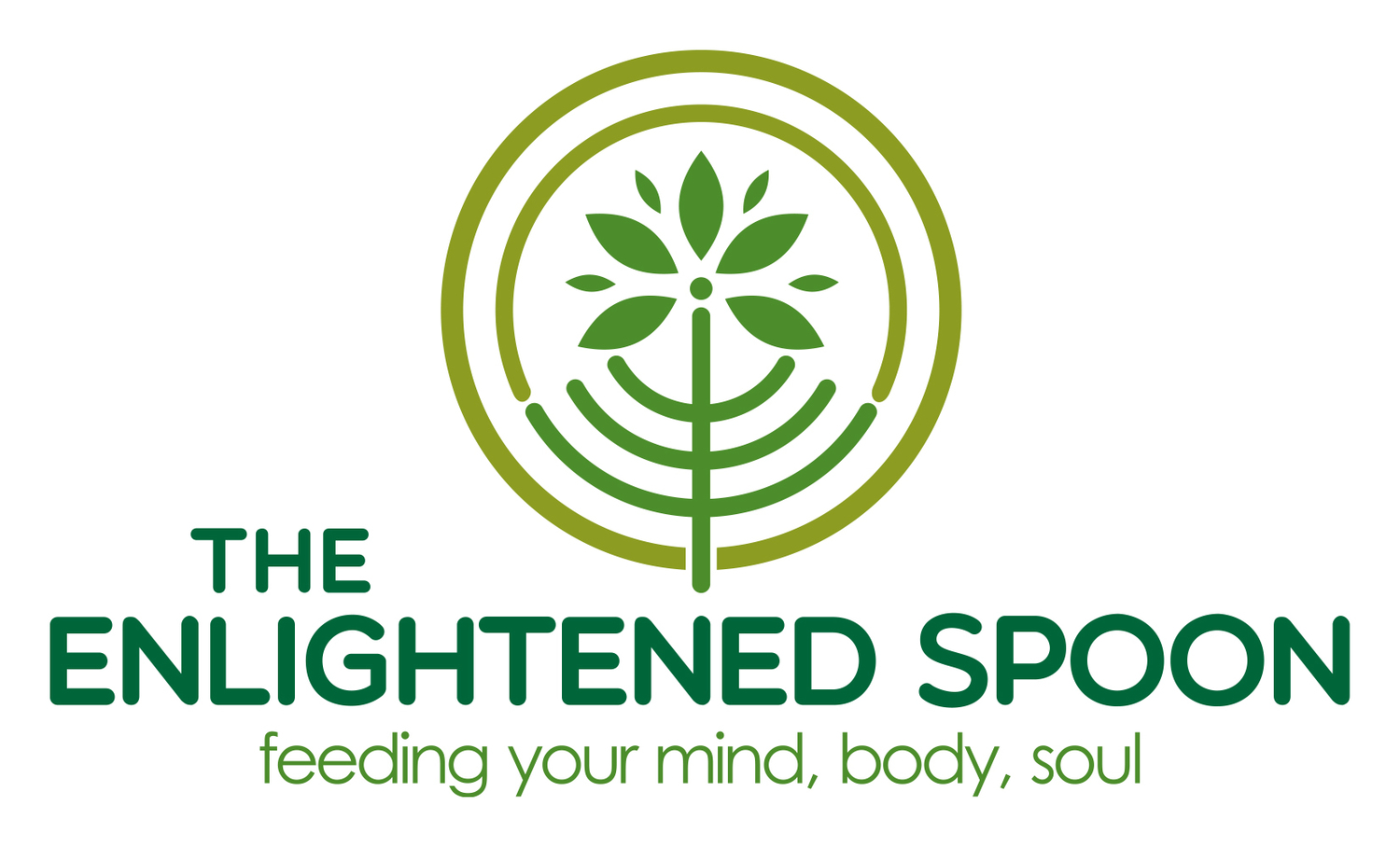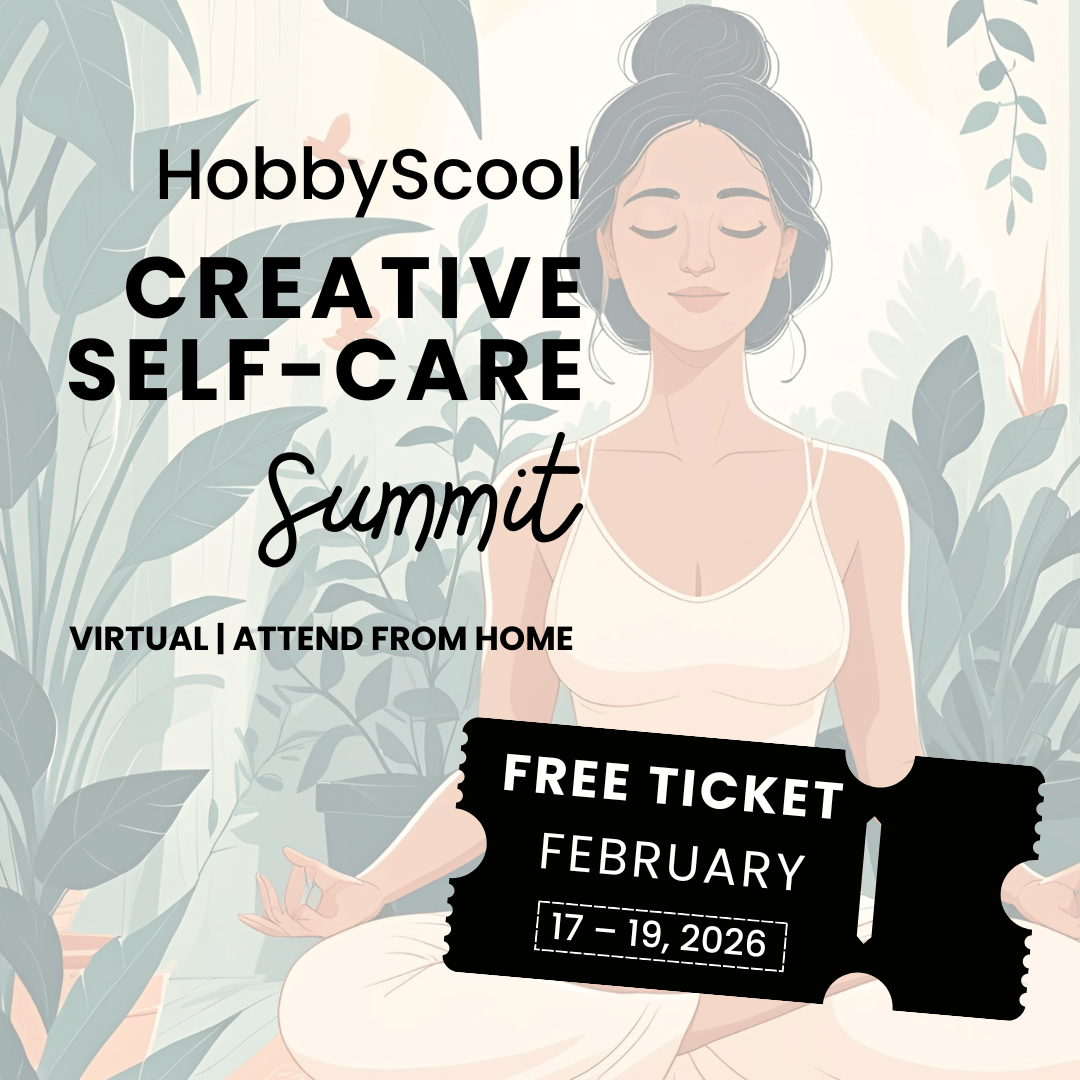What Is An Ayurvedic Retreat, and Which One Is Best For Deep Relaxation?
/Are you already back from that summer holiday? The best thing to do post-holiday is to start planning your next break! That way you’ll not only have something to look forward to in the next few months, it will also be a good reminder that you need to consistently slow down and plan when you’ll be taking your next timeout.
Here’s an idea for your next holiday planning: an Ayurvedic retreat!
“...A what?!” You say?
Ayurveda
Ayurveda - it’s the Indian medicine system, the art of science and living. It’s a holistic approach to health encompassing nutrition and lifestyle techniques using many different herbs.
An Ayurvedic doctor can tell from your pulse points what your constitution is: Pitta, Vata or Kapha, or a combination of these two or three “doshas”. They can also tell if you may currently be out of balance between all three doshas.
You’ll then be given a prescription of the different foods you should be eating or avoiding and additional herbal supplements that may be good for you, along with various lifestyle practices, tailored to your individual constitution and what may currently be going on with you…
On top of that, the best part of being on an Ayurvedic retreat also includes all the amazing different massage and touch therapies you’re prescribed (eg. a 4-hands massage by 2 people every afternoon? Yes please!)
Ayurvedic Panchakarma Therapies
There are sooooooo many different kinds of Ayurvedic therapies, and depending on your constitution, current health issues and what could be improved, your prescribed ‘panchakarma’ therapies might differ from mine.
‘Panchakarma’ translated literally means “five actions” and refers to five different kinds of procedures needed to cleanse and restore balance to the body, mind and emotions. Panchakarma treatment can vary from a few days up to a few weeks.
Some of the ayurvedic panchakarma therapies I’ve received are (and are not limited to):
Abhyanga: Oil massage with different herbs and heated oils for specific conditions.
Sometimes it’s done with 2 people - because when there are 4 hands on you at any time, you can’t tell what’s going to happen next with the massage strokes and this allows your nervous system to relax more, surrendering to the experience.
Shirodhara: Depending on your constitution, heated ghee (clarified butter) or buttermilk is poured on your forehead for at least 30 minutes. It’s so deeply relaxing and soothing.
Janu Vasti: A dam made of flour is constructed over the knee creating a well, then heated medicated oil is poured into the well and held there for some time. I’ve got knee issues, and at the end of my one-hour treatment, all the oil was absorbed and disappeared into the knees!
A “vasti” well can also be constructed around any other body part that might need some extra attention/ lubrication.
Padabhyanga: The classic foot massage… ahhhhhh… Need I say more? :)
Basti: This is… ahem… “rectal administration of medications”... or basically, an enema. I’ve done various detoxes and cleanses with enemas or colon hydrotherapy, where the rectum or colon is flushed through with either saline, diluted coffee and apple cider vinegar… and the goal seemed more to flush things out of your system.
An Ayurvedic basti is slightly different - with me, it was a mix of warm ghee and various herbs, but the goal was to retain it in the rectum for up to 45 minutes, allowing your body to absorb all the goodness from the mixture. It might sound weird and icky, but once you get over it, it’s actually super relaxing (!)
Swedana: It’s basically a wooden ‘sweat box’ that you sit inside with your head poking out of it, and a herbal steam happens inside… where you basically sweat it out!
Karana Purana: I’ve never personally experienced this, but this is when oil drops are put in the ears.
Throughout an Ayurvedic retreat, you almost always have daily check-ins with your Ayurvedic doctor to see how you’re responding to the therapies, food and herbal supplements.
As you can see, this isn’t really just your average ‘spa vacation’... there can be times where you’re putting your body through some uncomfortable actions, but you almost always emerge feeling bright, shiny and renewed again.
Ayurvedic Food
An important part of any Ayurvedic program or retreat is also the food you’re eating. A traditional Indian ayurvedic retreat would always be vegetarian and include a lot of ghee (clarified butter) in its cooking, but these days many have adapted it to include more vegan options too.
A lot of Indian pulses, herbs and spices are used, such as cardamom, cumin, ginger, rosella, mung beans, lentils, chickpeas, etc. Sometimes, or some days, you may even be fasting.
So much of it depends on your individual constitution and health needs, but you would be fed a ‘sattvic’ diet - meals that are meant to keep you and your three doshas in balance.
Yoga + Meditation
Of course, it wouldn’t be the full Ayurvedic experience if it didn’t include some light physical movement and/ or meditation too, right? Most ayurvedic retreats would and should offer daily yoga and/ or meditation classes on their schedules.
Which Ayurvedic Retreat?
The more traditional Ayurvedic treatment centres in India tend to be in a hospital setting, and are less of a “spa holiday”, and more of a “serious disease” treatment facility. So do your research to find the kind of environment you want to be in.
The Ayurvedic retreat I would highly recommend is the One World Retreat in Ubud, Bali. It’s rooted in the traditional Indian Ayurvedic practices, but set in the super lush rice padi fields of Bali, with deluxe accommodation, food and service. It’s not cheap, but if you’re looking for the 5-star yet authentic experience, I highly rate this place.
I’ve only been to one in India at the Isha Foundation… their Ayur Rasayana 5-day intensive program. But to be completely honest, this felt like “Ayurveda Lite”, and was more of an “introduction to Sadhguru and his teachings” program. Which isn’t necessarily a bad thing… but I feel this was not a true-blue Ayurvedic experience, if this is what you’re looking for.
Other Ayurveda Retreat Recommendations:
I recently crowd-sourced some opinions on where else my friends would recommend, and here are some other options for your consideration:
Amrta Siddhi. Ubud, Bali.
Indus Valley Ayurvedic Centre. Mysore, South India.
Vaidyagrama. Coimbatore, South India.
The Dune Eco Village. Pondicherry, South India.
Trichur Panchakarma retreat. Kerala, South India.
Any other Ayurveda retreats you’ve been on that you’d recommend? Let me know in the comments below.
No time nor cash to go away on a retreat but still would like to reap similar benefits? Come join me for my one-day retreat right here in Amsterdam! We’ll give you a day of workshops filled with talks and tools designed to help you truly understand yourself better and reconnect with yourself on the deepest levels. Click the image below to pre-register for more info!
You might also be interested in these previous articles:










